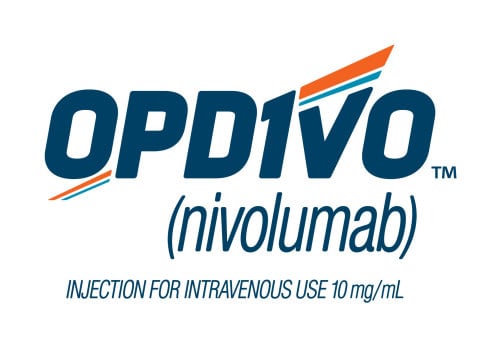
Bristol-Myers Squibb notches kidney cancer first with Opdivo
pharmafile | September 28, 2015 | News story | Research and Development | Afinitor, Bristol-Myers Squibb, Kidney cancer, advanced kidney cancer, everolimus, nivolumab, opdivo, renal cell carcinoma
Bristol-Myers Squibb has announced positive results from a Phase III study comparing Opdivo to Afinitor, the Novartis treatment that is a current standard therapy in advanced kidney cancer.
All patients in the study, named CheckMate -025, had received prior treatment for their cancer. The study included more than 800 people with renal cell carcinoma. Patients were randomised to receive either Opdivo (nivolumab) every two weeks or Afinitor (everolimus) once daily. The primary endpoint was overall survival.
Patients on Opdivo had a significant median overall survival benefit of 5.4 months compared to Afinitor, at 25 months compared to 19.6 months.
The data were presented at the European Cancer Congress 2015 in Vienna, and the results published in the New England Journal of Medicine.
Renal cell carcinoma is the most common type of kidney cancer, accounting for around 80% of all cases. Approximately 20% of kidney cancer patients will have stage IV disease when first diagnosed (cancer that has spread/metastasised). In these cases, it is estimated that only 5% of men and 5% of women will survive for five years or more.
In addition to improving overall survival, Opdivo also had a superior overall response rate (a measure reflecting significant tumour shrinkage) of 25% compared 5% for Afinitor. Some 16.5% of Opdivo and 7% of Afinitor patients remained on treatment after a follow-up period of 14 months. Fewer people treated with Opdivo had grade 3-4 treatment-related adverse events, at 19% versus 37%.
In July 2015, CheckMate -025 was stopped early after reaching its primary endpoint, and BMS has been granted Breakthrough Therapy Designation by the FDA.
Rick Lones, Bristol-Myers Squibb’s executive medical director for the UK and Ireland, says the results “emphasise our commitment to advancing the science of immuno-oncology.
He adds: “These data mark the third tumour type in which Opdivo has demonstrated an overall survival benefit in a Phase III trial, showing the real potential that immune-checkpoint inhibition has in targeting multiple cancers. The fact that we are now seeing a significant survival benefit in advanced kidney cancer – a disease with significant unmet medical need – is hugely encouraging.”
The kidney cancer data came as BMS announced a collaboration agreement with the Moffitt Cancer Center in Florida, as part of Bristol-Myers Squibb’s immuno-oncology rare population malignancy (I-O RPM) program in the US.
The I-O RPM program is a multi-institutional initiative with academic-based cancer centers focused on the clinical investigation of immuno-oncology therapeutics as potential treatment options for patients with high risk, poor prognostic cancers, defined as a rare population malignancy.
Dr Laura Bessen, head of US medical at BMS says: “Moffitt Cancer Center has had a long-standing commitment to immuno-oncology research, including in partnership with Bristol-Myers Squibb, and we look forward to our continued work with them as part of the I-O RPM program.”
Joel Levy
Related Content

First patient enrolled in Boan Biotech’s phase 3 trial for Nivolumab in China
Boan Biotech has announced that the first patient has been enrolled in its phase 3 …

Merck announces phase 3 LITESPARK-005 trial met primary endpoint
Merck (known as MSD outside of the US and Canada) has shared topline results from …

NICE approves first treatment for obstructive HCM for NHS use
The National Institute for Health and Care Excellence (NICE) has announced that it has approved …








